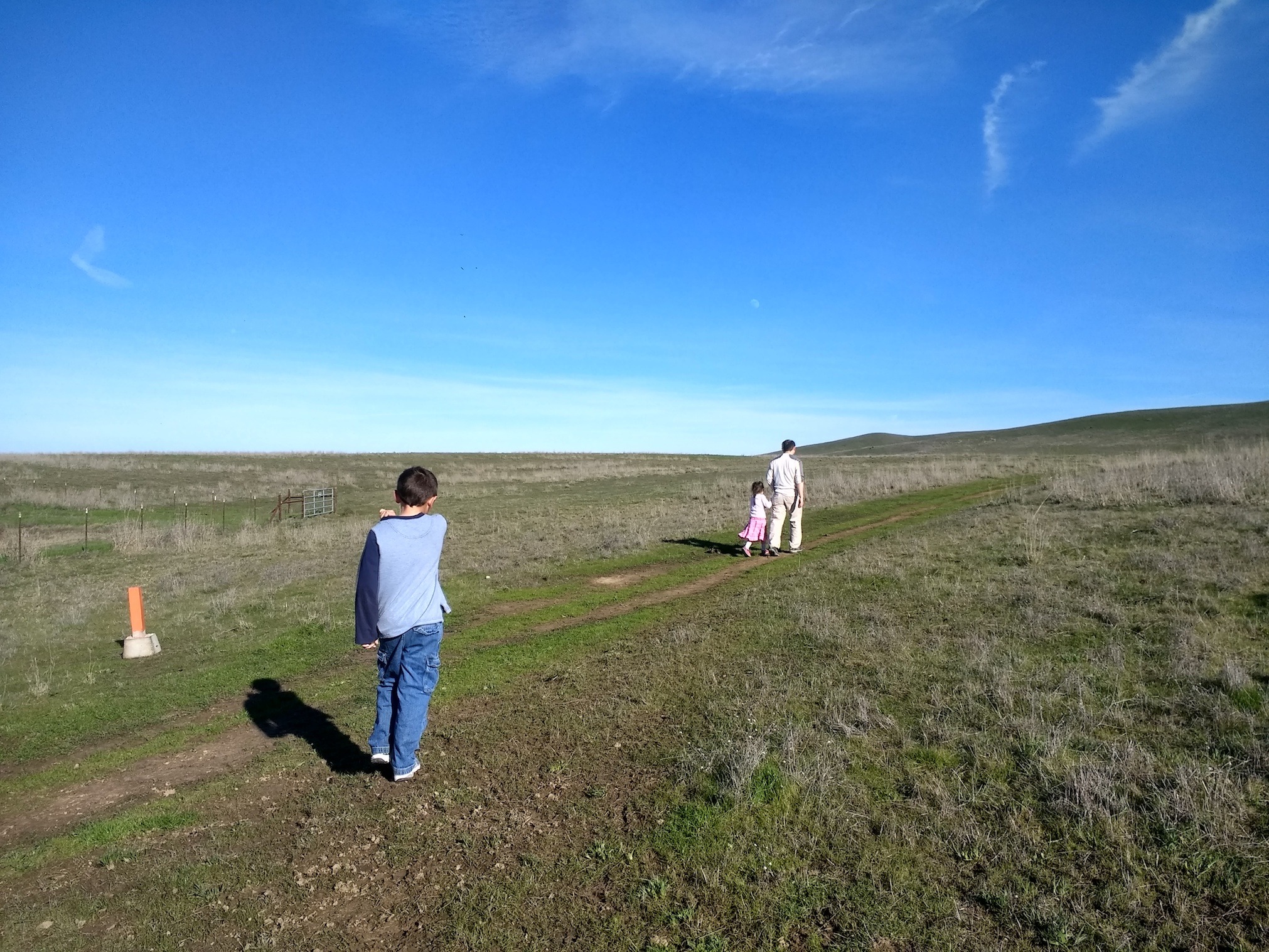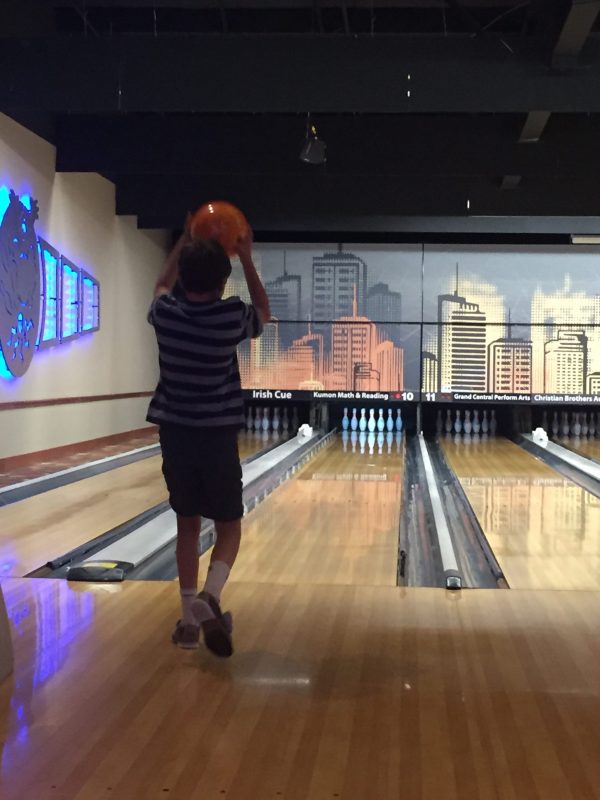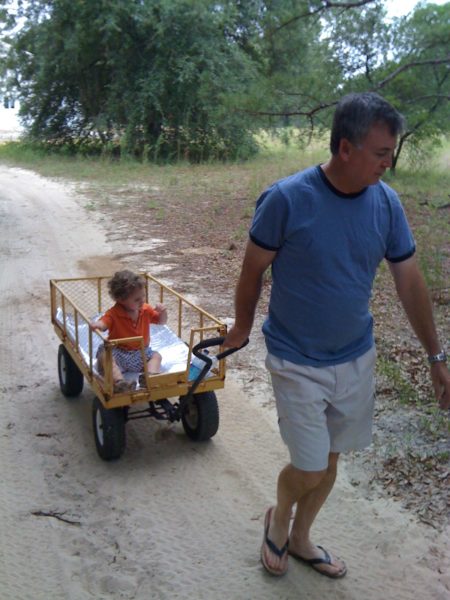We are well into September as I type this post. We’ve just left the Charleston, SC, area, ahead of the mandatory evacuations for Hurricane Florence. We’re watching carefully to see what the impact will be for the Charlotte area, where we live.
I definitely feel a bit like we’ve jumped straight from the frying pan into the fire, having left tough winter weather in New Hampshire for hurricane season in the Southeast. I’ve weathered the fringes of hurricanes several times but it’s been awhile so I’ll report back from the other side next week.
Let’s see how we did with our grocery buying experiment last month. But first…
The Reason for This Experiment
This year, our family is challenging ourselves to spend less on food so we can save and travel more. Last year, I adopted one habit a month that would translate into better money moves for our family. You can read all about our A Year of Good Habits here.
That experiment worked so well that we tried a new one this year. In 2018, we are challenging ourselves to do better at our food spending. Last year our family spent over $12,000 in groceries, or $966 per month.
This year, our goal is to spend 20% less on groceries. That may not sound like a lot, but it’s almost $200 per month in food savings. The extra $200 per month is going into a travel savings fund, so we can see the results of our hard work in spending less on food.
We could have adopted a radical goal to keep our spending under $500 or something like that. But we know better. We thought it made much more sense to consistently hit our modest target, month after month, for an entire year, to show ourselves we could do it, than to maybe hit the $500 goal once or twice and then face plant with more $1000+ grocery bills.
And if we consistently hit sub-$772 spending, then perhaps we’ll challenge ourselves next year to shave off more.
Each month, we’re trying out a new way to save money at the grocery store. Last month, I focused on buying the vast majority of our food from Aldi. Results: solid.
August
After we went over budget in July, I was determined to stay in budget for August. The only challenge I had was at the end of the month when I started Whole30, and had to stock up on some pricey condiments (okay, chose to stock up). But we still staying in budget!
Continue reading “A Year of Good Food: Whole30”












